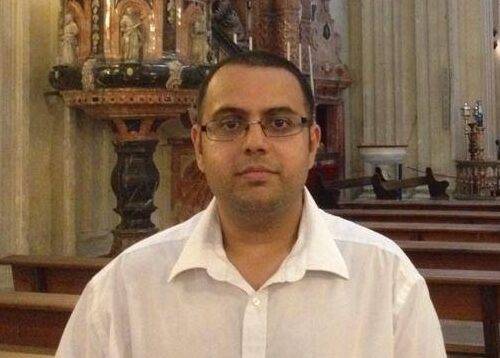In January 2022, Kazakhstan made international headlines when it was hit by waves of popular protests which were suppressed by the authorities in the Central Asian state. What began as protests against the lifting of the energy price cap and subsequent rise in gas prices, ended with hundreds of deaths, thousands of arrests and foreign troops from the Russian-led Collective Security Treaty Organisation (CSTO) on Kazakh soil. Many outside observers did not know what to make of the protests as few knew very much about Kazakhstan. However, important research and books are in the public domain, of which this volume edited by Marlene Laruelle, The Nazarbayev Generation: Youth in Kazakhstan, is one.
On 16 December 1991, Kazakhstan formally gained independence from the Soviet Union. Its post-communist era was dominated by the rule of Nursultan Nazarbayev, who became president in 1990 and officially left office in 2019. For two generations, Millennials and Generation Z, Nazarbayev was the only president they have ever really known; few have direct memories of Soviet times. Laruelle’s book brings together different authors trying to answer the question of what we know about these two post-communist generations.
Nazarbayev held office for nearly 30 years, putting him in the company of Omar Al-Bashir, Hafez Al-Assad and Hosni Mubarak, to name but a few. Unlike them, though, Laruelle notes that, “The regime has remained what Edward Schatz describes as a ‘soft authoritarian’ one, avoiding mass repression by taking targeted measures against a few key figures, co-opting citizens by offering economic prosperity and stability, and (insofar as possible) controlling the ideological agenda pre-emptively, not collectively.” Although no longer president, Nazarbayev still holds power in the country; he has the distinction of having left office without dying or being toppled.
Book Review: Genetic Crossroads
The Nazarbayev Generation… is a sociological intervention trying to make sense of how Kazakh politics has had an impact on the identity, values, openness to change, social worlds and activism of the country’s young people. Kazakhstan is a highly diverse country made up of Kazakhs, Russians, Ukrainians, Uzbeks, Koreans and others in the population of 19 million, of whom 51 per cent were born after Nazarbayev took office in 1990.
Barbara and Azamat Junisbai use their chapter in the book to point out that, “Youth have been a primary target of the Kazakhstani government’s ongoing efforts at nation and state-building.” In other words, as Kazakhstan emerged from the communist era in the 1990s, it needed to create a sense of who the people are and rebuild new institutions underpinned by this identity. Hence, looking at youth politics is essential for an understanding of the new Kazakhstan. “Heavily promoted [by the state] is the idea that a qualitatively different generation, free from the vestiges of the Soviet past, is being groomed to lead the country,” say the couple. Looking at the available data, they point to some interesting trends among the youth that marks them out from their parents’ generation.
Whereas the older generations are still shaped by the political discourse of the previous communist regime, Millennials and Generation Z are much more aligned with the policy concerns of the Nazarbayev regime. “Younger people are less concerned with economic inequality than older Kazakhstanis.” Their acceptance is based on the fact they’ve only ever known pro-market reform and a shrinking welfare state.
Book Review: Leaving Iberia: Islamic Law and Christian Conquest in North West Africa
A really interesting question posed in the book is about the reception of liberal values and globalisation. Young Kazakhs may be more individualistic and connected to the world, but ideas such as freedom of choice and individual rights are not accepted fully by many of them. There is a contradiction in this, as Galym Zhussipbek and Zhanar Nagayeva make clear. While core liberal concepts are seemingly rejected, a closer reading of data collected by the pair and other sources they have used reveals that, “Youth in Kazakhstan want socially responsible democracy in line with ‘progressive politics’.” This includes strong protection for individual rights, social democracy and social services. Such attitudes are less apparent when the young people interviewed are asked directly if they support value x or y, but can be inferred indirectly during interviews when they are asked to give their opinions. This approach is critical to understanding the attitudes of the youth in Kazakhstan, but is often missed by scholars.
The Nazarbayev Generation… raises some important questions about the future direction of Kazakhstan politics. In surveys, young people appear to support socially conservative ideas such as strong family values, a strict authoritarian parenting style and limited democracy, but they also hold values which could undermine these beliefs. Moreover, they inhabit a world rich in meaning, diversity and differing belief structures.
What Marlene Laruelle’s book does is to help us make sense of this and think critically about Kazakhstan and the reception of globalised norms and liberal values in non-Western societies. Such an intervention is not only informative, but also necessary for anyone trying to make sense of underlying forces shaping our world today.









